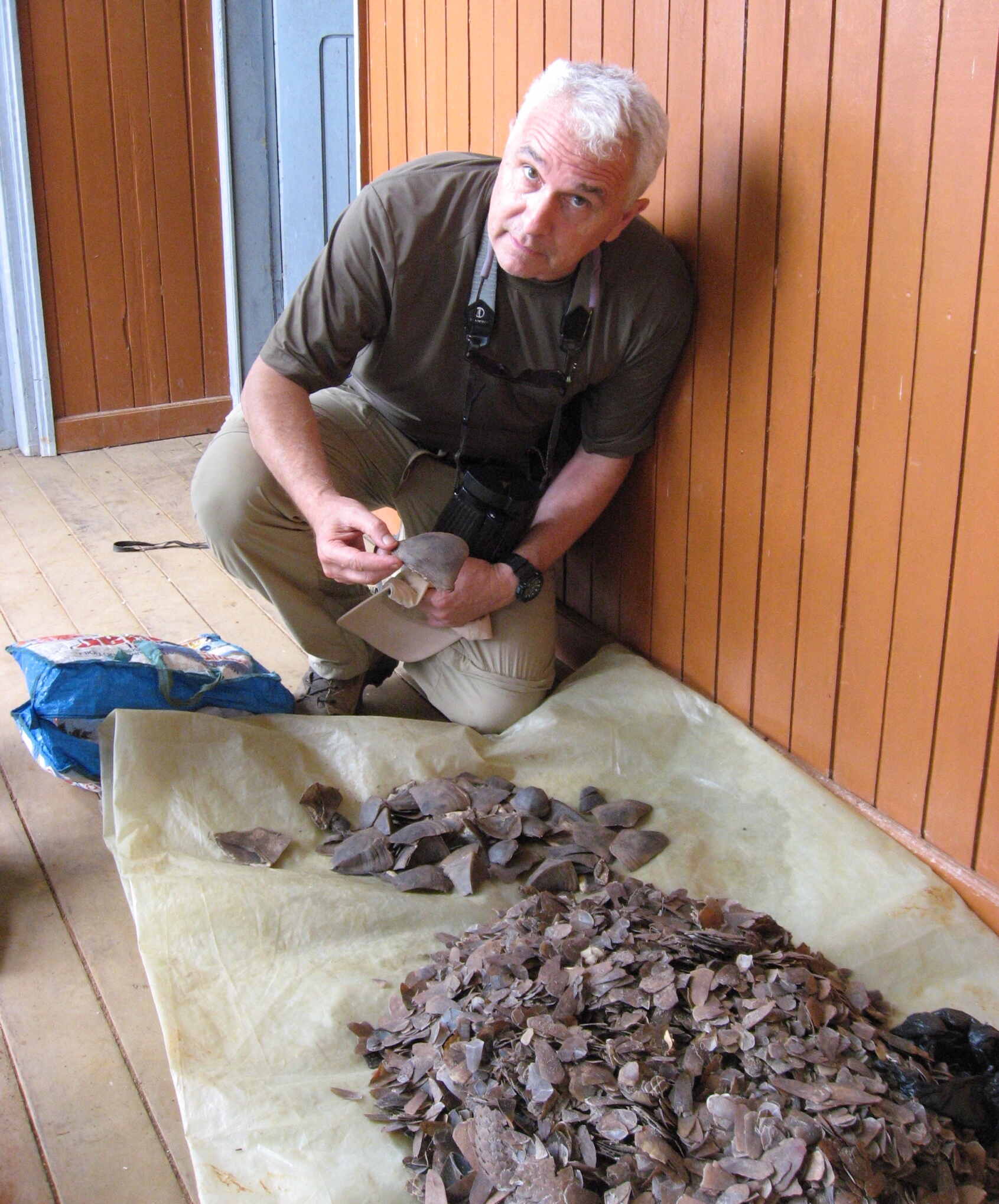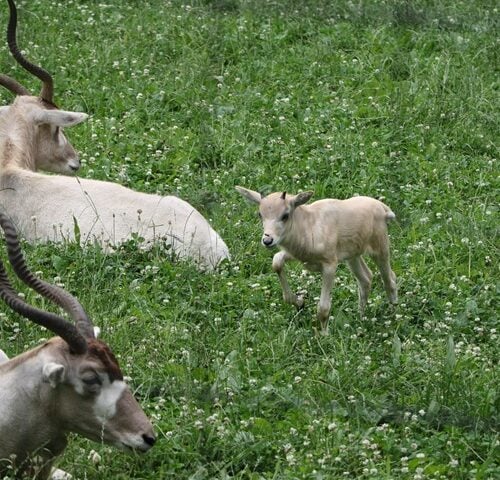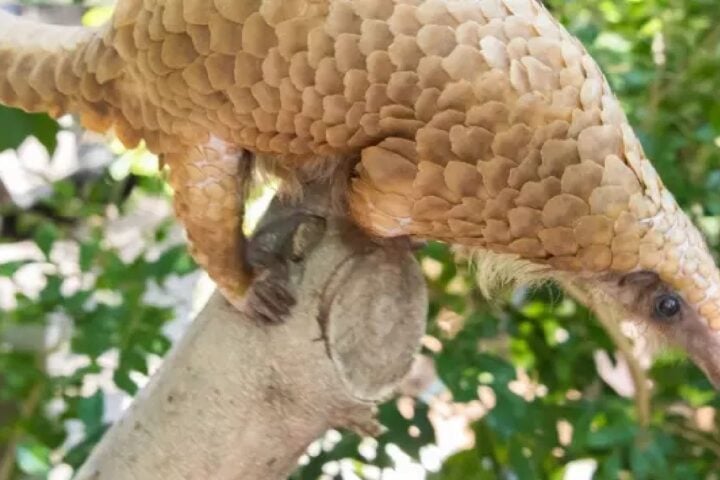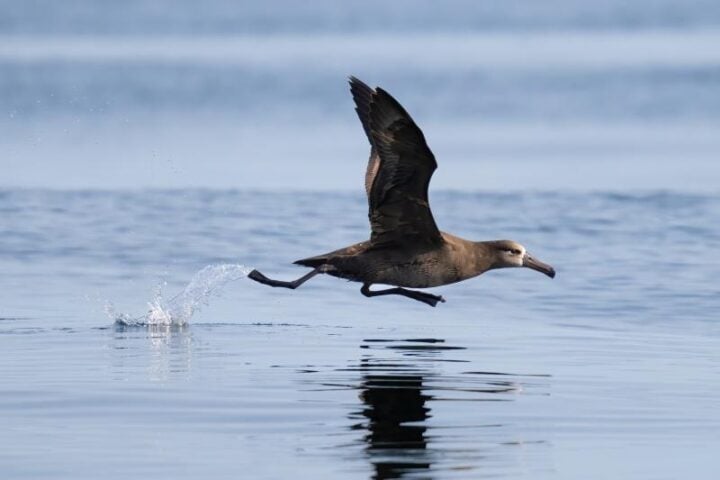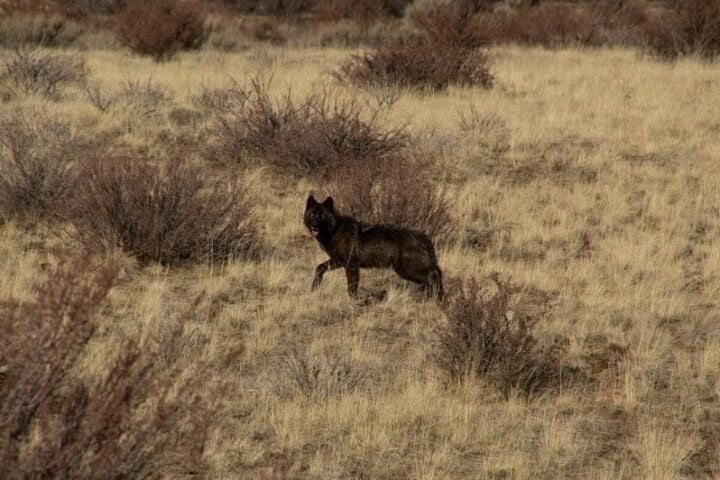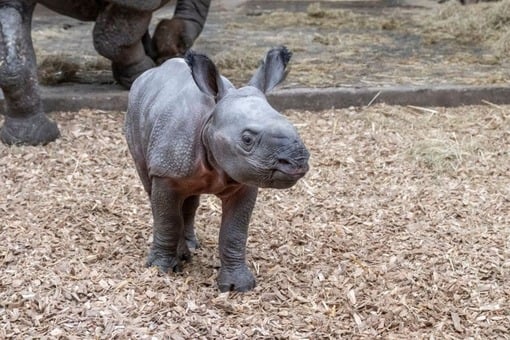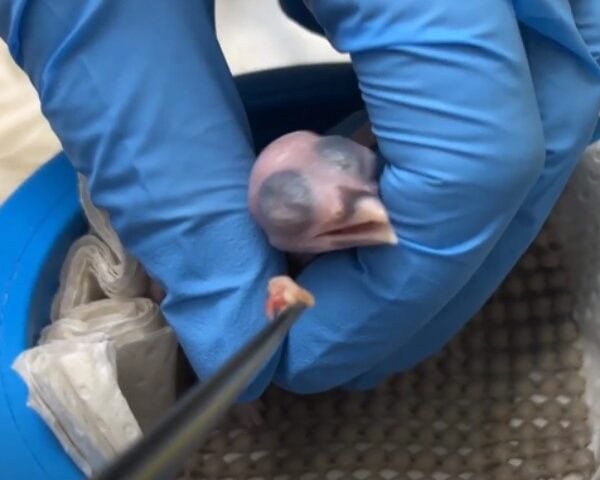The study from UCLA scientists and colleagues employs genomics to identify poaching hotspots and trading routes of the endangered white-bellied pangolin. Published in the journal “Science” on December 14, 2023, this research aids law enforcement in tracking pangolin products within the international supply chain to their origins in Africa.
Illegal pangolin trade poses a global challenge. The eight species, found across 23 countries, cover 2.3 million square miles. Their scales are in demand worldwide for traditional medicine. The white-bellied African pangolin, in particular, is often shipped to China and other Asian countries. Despite its use in traditional medicine, there’s no proof of its effectiveness, and a small portion is sold for exotic meals.
Thomas Smith, a senior study author and evolutionary biologist from UCLA, highlights the precision of genetic screening in determining an animal’s origin within about 125 miles. This technique can quickly trace pangolin scales, say from Hong Kong, to their source, like near Bata in Equatorial Guinea.
The illegal wildlife trade, valued at $20 billion, involves sophisticated international cartels. In Africa, a single pangolin can fetch $250, equivalent to nearly a year’s salary in many poaching regions. However, most profits go to trafficking organizations, which may fund activities like illegal arms trading.
Similar Posts
All eight pangolin species, with four each in Africa and Asia, face endangerment due to the demand for their scales and meat. Three Asian species – Sunda, Philippine, and Chinese pangolins – are critically endangered. Traffickers have now turned to African species like the white-bellied pangolin as Asian species become scarce.
The study finds most scales are first shipped to Nigeria, a significant distribution hub, then to markets in China, Thailand, Vietnam, Laos, and Singapore. These insights offer new avenues to disrupt the wildlife trade and inform anti-trafficking efforts.
Pangolins, unique scaly mammals, are distantly related to cats and polar bears. The tree-dwelling white-bellied pangolin is small, weighing 3 to 4 pounds and measuring less than a foot, while some ground pangolins can weigh up to 80 or 90 pounds.
UCLA’s Jen Tinsman, lead author, notes the difficulty in estimating white-bellied pangolin populations due to their elusive nature. Regardless, the current level of harvest is unsustainable.
This research brings hope to global efforts to end the killing and trading of the white-bellied pangolin. Tinsman is optimistic about recent developments and the potential for real-time monitoring of illegal trade through their tracking methods, aiding enforcement officers in affected countries.
